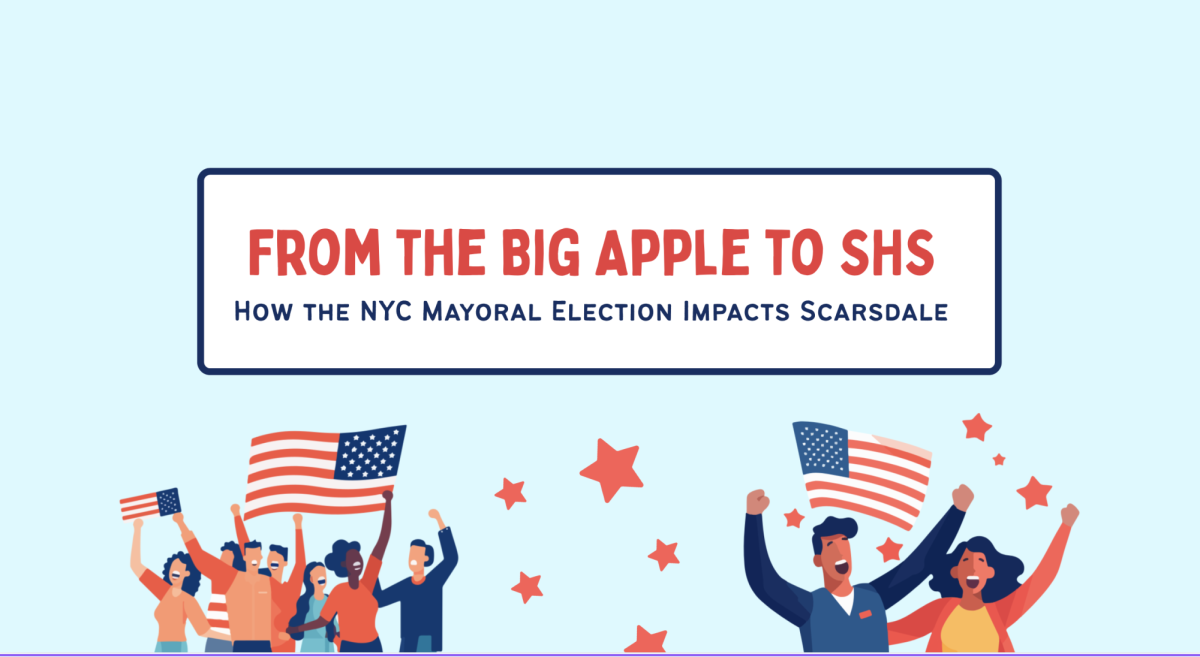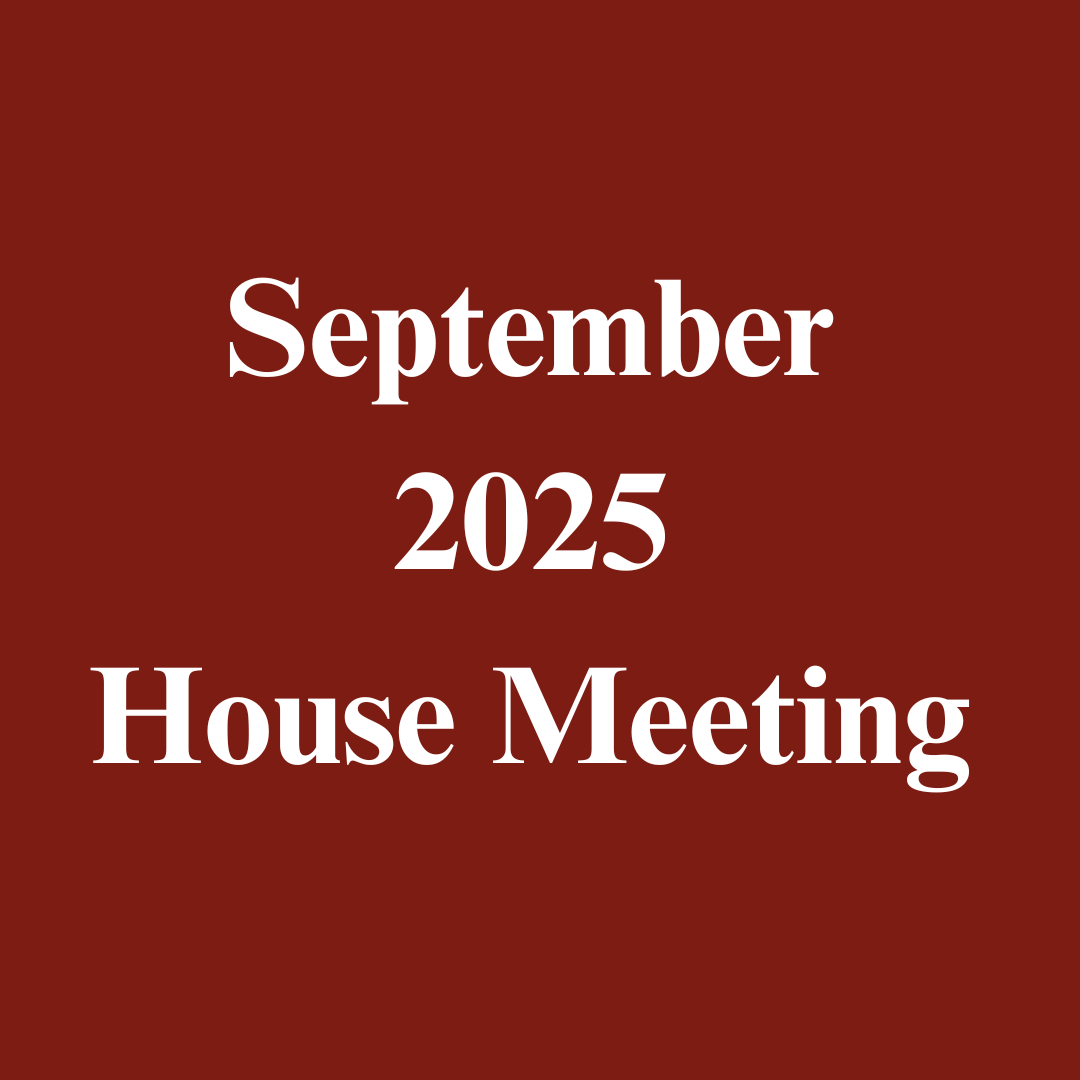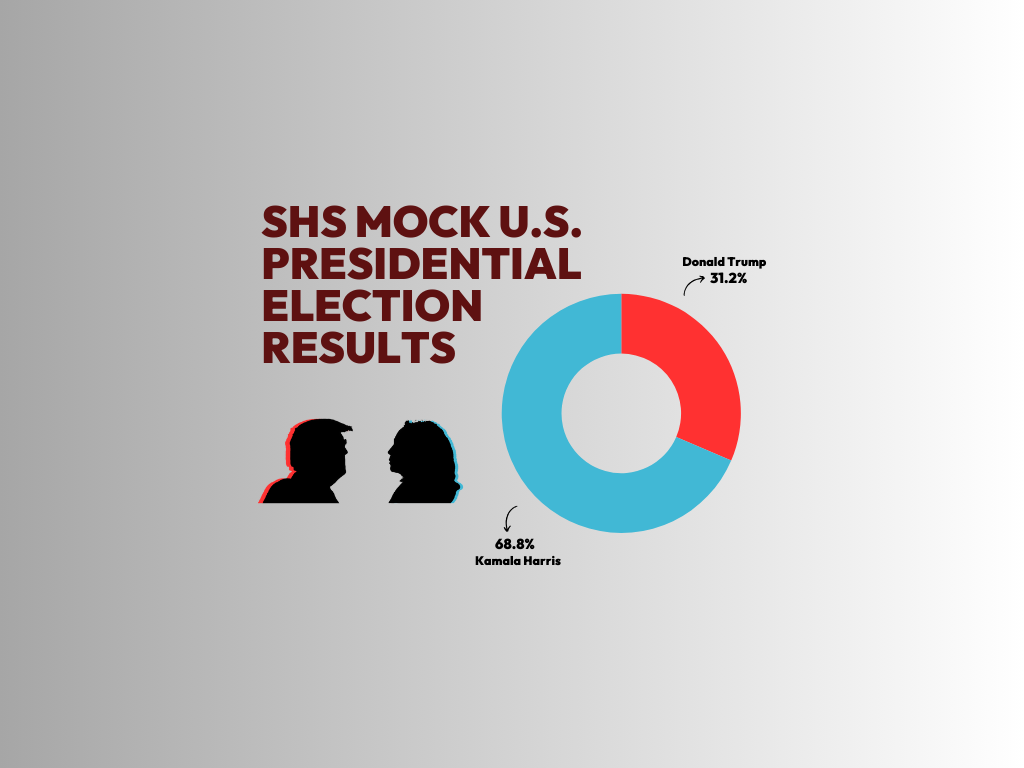The 2024 Presidential election will likely be a historic rematch between current President Joe Biden and former President Donald Trump who are their parties’ current frontrunners. Biden, who announced his re-election bid in April, has positioned himself as a stabilizing force following Trump’s tumultuous presidency. He has implied that he may not have sought re-election if Trump was not running, but characterizing Trump as a national threat, he has said he feels compelled to run. With the country split across all key issues, including the economy, immigration, America’s world leadership, abortion, climate change, and others, neither party has majority support on any of these topics. In fact, recent polls show the two candidates locked in a popular dead heat, such that if Biden and Trump are the two final candidates, the election will likely come down to the Electoral College vote in key battleground states. Yet, despite their almost assured lock on their respective parties’ nominations, both men are facing some challenges.
On the Democratic side, it’s all but unheard of for an incumbent candidate to not receive the party’s nomination. However, Biden, currently 81 and the oldest person ever to hold office, would be 82 upon re-election, and 86 in January 2029 if he were to serve out the entirety of his second term. He has some opposition from people, like Minnesota Representative Dean Phillips, who argue that Biden’s age and declining approval ratings should result in a different Democratic candidate being selected. Positioning himself as a younger alternative to lead a new generation, Phillips is encouraging Democrats to think about the future. While many Democrats dub Phillips’ candidacy a distraction, his run is an interesting symbolic challenge to the entrenched Democratic base. Additionally, self-help author and political activist, Marianne Williamson, after an unsuccessful 2020 campaign, is running again. Despite her lack of political experience, she presses on, challenging Biden with a progressive platform including issues such as government-backed health care.
On the Republican side, former President Donald Trump, has decisively led in the GOP polls for months, despite his facing criminal and civil charges for trying to subvert the 2020 election results and inciting the January 6, 2021 Capitol riot. Trump claims immunity from criminal charges, but it remains to be seen if he will be allowed to run — a matter that the Supreme Court is slated to determine, with arguments beginning on February 8th. The Constitution bars those from office who have “engaged in insurrection.” The question is whether that applies to Trump. It’s uncertain how the Court, which is supposed to be apolitical, will rule: in favor of letting the electorate decide or whether it will uphold Colorado’s ruling to ban Trump from the ballot. Regardless of the outcome, this will be one of the most momentous constitutional rulings in American history. If Trump successfully obtains the Republican nomination and ultimately wins the election, he would be only the second President in history to serve two non-consecutive terms.
To date, Trump has not participated in any Republican primary debates which have included GOP fixtures and a political outsider. His non-presence on the debate stage has not negatively impacted his dominating lead in the polls while the slate of his opponents has rapidly dwindled. The initial field included Former Vice President and Former Indiana Governor Mike Pence who dropped out of the race at the end of October amid lagging poll numbers and serious financial challenges for his campaign. It’s strange that a former Vice President who ran a traditional Republican campaign couldn’t resonate with his party’s base, but that is further proof that GOP motivations have shifted far right. On January 10th, Former New Jersey Governor Chris Christie, the most moderate of the GOP slate, shook up the race just days before the Iowa caucuses by suspending his campaign. While Christie has not endorsed another candidate, he pledged to “in no way… enable Donald Trump to ever be president of the United States again,” stressing, “that’s more important than [his] own personal ambition.” Political newcomer, businessman Vivek Ramaswamy, who had hoped to shake up the party as an outsider, positioned himself on the far-right, calling climate change a “hoax”, proposing to end birthright citizenship, using military force to secure the border, supporting states’ six-week abortion bans, opposing military aid to Ukraine and Israel, and supporting sweeping restrictions on transgender rights. With his poll numbers so low that he didn’t even qualify for the last debate, immediately following a disappointing result in Iowa’s Republican caucus on January 15th, he suspended his campaign and immediately endorsed Trump. Most recently, just days ahead of the New Hampshire primary, despite a second-place finish in Iowa, Florida Governor Ron DeSantis, who has established a reputation as a staunch conservative who is eager to battle liberals on issues including abortion on which he signed a 6-week ban in Florida, limiting LGBTQ+ rights, and supporting strong immigration control including mass deportations, ended his bid for the presidency in 2024. He, too, has lined up behind Trump.
The Republican field which initially included 14 hopefuls has narrowed to only one Trump opponent: former U.S. Ambassador to the United Nations and Former South Carolina Governor Nikki Haley. Haley, the daughter of Indian immigrants, has positioned herself as a “new generation of leadership” and has taken more moderate stands than most of her GOP counterparts on certain issues like abortion by opposing a national ban, while taking firm stands on matters of foreign policy like support for Ukraine and Israel. Haley, the only female candidate on the Republican roster, touts herself as a viable Trump alternative who could defeat Biden. Among independents and moderates, including some Democrats who dislike Trump and are lukewarm on Biden, Haley is a stronger Republican candidate in a general election than Trump. In fact, in numerous polls, including a recent one from CBS, Haley has a significantly higher margin against Biden at 53% vs. 45% whereas a Trump-Biden matchup would be much closer at 50% vs. 48%. Haley is trying to appeal to her party’s rationale, pointing to Trump’s loss in 2020 and recently has even taken aim directly at Trump questioning his cognitive abilities. That said, she first needs to defeat Trump in the primaries for the Republican nomination. In the recent New Hampshire primary on January 23, Trump handily garnered a double-digit win over Haley with 54.3% of the votes, earning him 12 delegates, to Haley’s 43.2% which earned her 9 delegates.
Despite her favorable electability odds in a general election, many believe that Haley doesn’t have a path to the nomination against Trump given his devout deep-red following. Those who think Haley’s days are numbered include Chris Christie who was caught in a recent hot mic moment commenting that, “She’s gonna get smoked.” Yet, following New Hampshire, Haley has vowed to stay in the race, assuring her base that they’re exactly where she wants to be at this point in the process. The battleground next moves to Haley’s home state of South Carolina for the party’s third primary on February 24. A loss there would likely be the fatal blow to her campaign given Trump’s wins in Iowa and New Hampshire, making this the shortest presidential primary cycle in history, unless he is stopped by the courts. Trump’s legal team has argued that efforts to exclude him from the ballot “promise[s] to unleash chaos and bedlam.” However improbable that the Court rules against Trump, if that happens, Haley could be the last candidate standing. Perhaps more importantly, as much as Haley wants to represent the GOP on the 2024 presidential ticket, she is likely playing a long game, continuing her efforts in this election cycle, but keeping her eye toward the future in order to cement her status for 2028. In just over 4 years, imagine what a historic Nikki Haley vs. Kamala Harris matchup might look like.
For now, in today’s ever polarized climate, our nation must brace for the election showdown in November as we await greater certainty about who the final candidates will be and hope that no matter what the outcome that calm and cool heads will prevail. However, amid our country’s deep divisions on critical issues and increasing unrest around the world, the unfolding domestic drama of this Presidential contest will no doubt be a pivotal chapter in the ongoing saga of contemporary American politics.



















